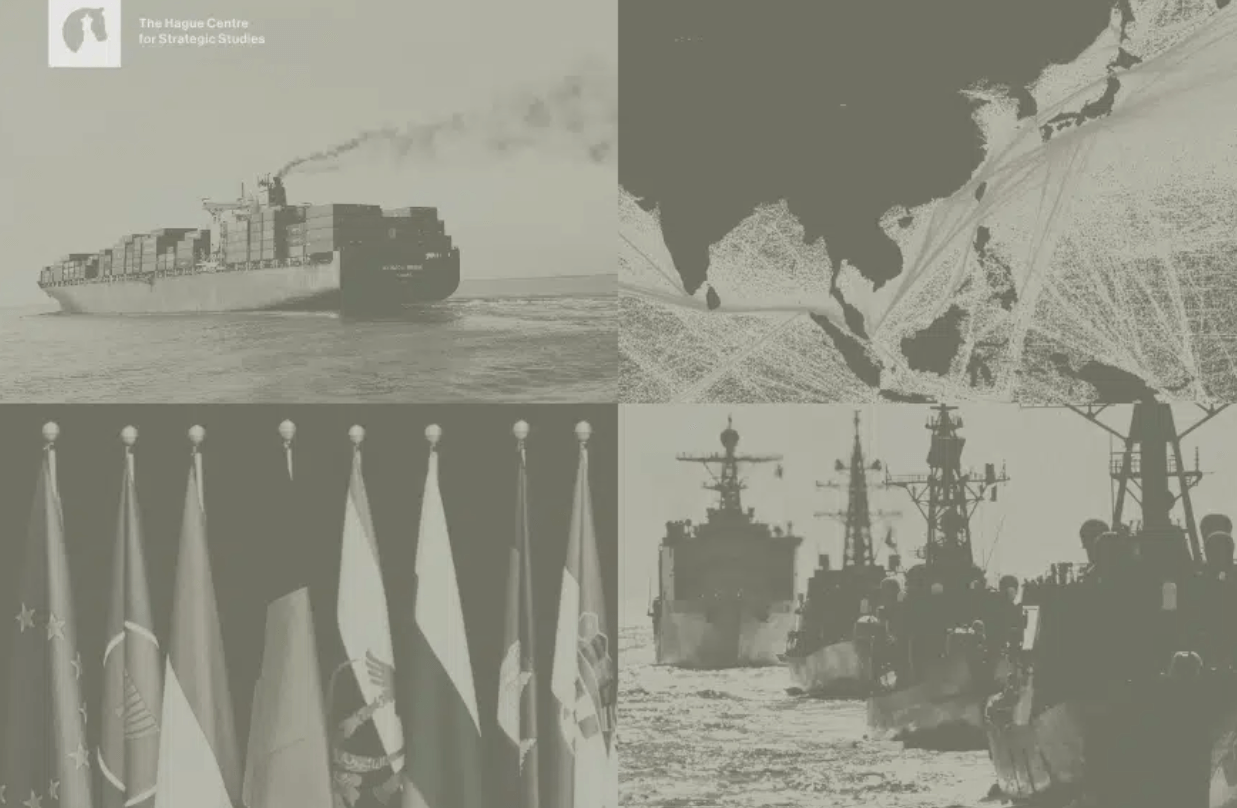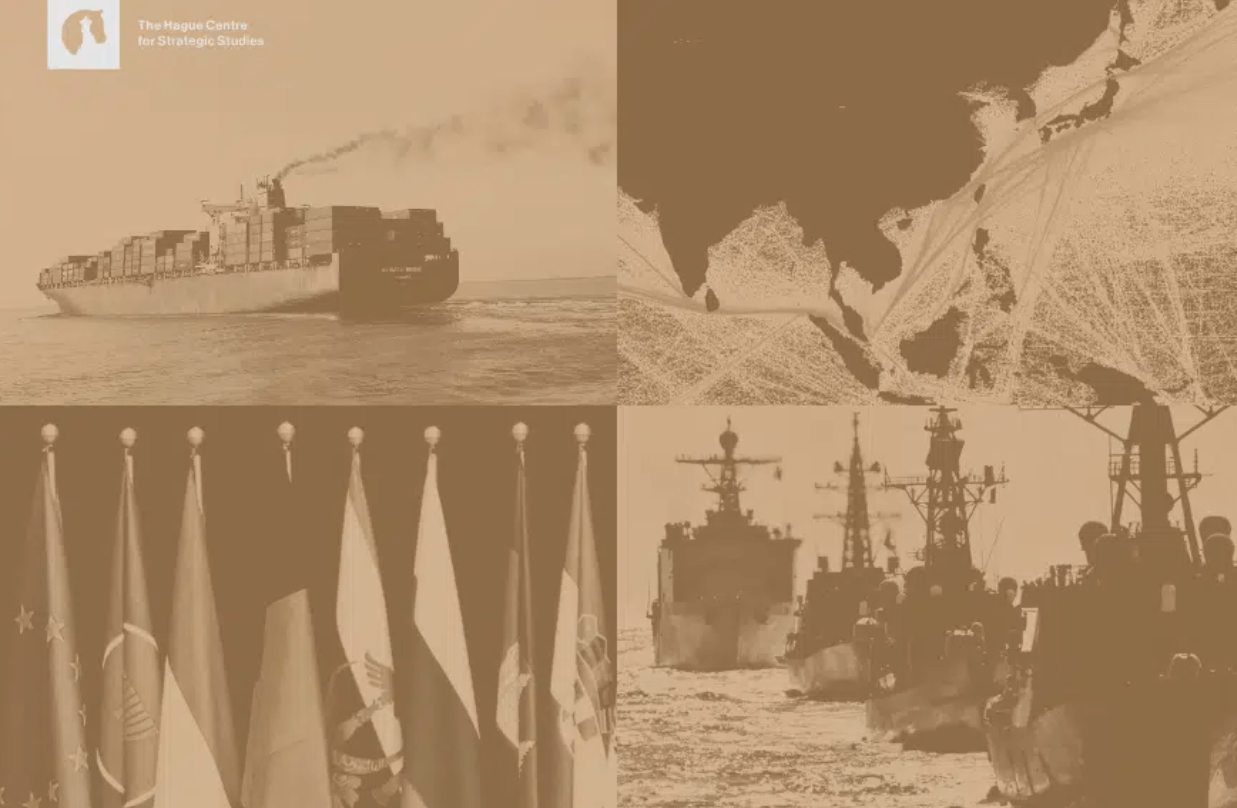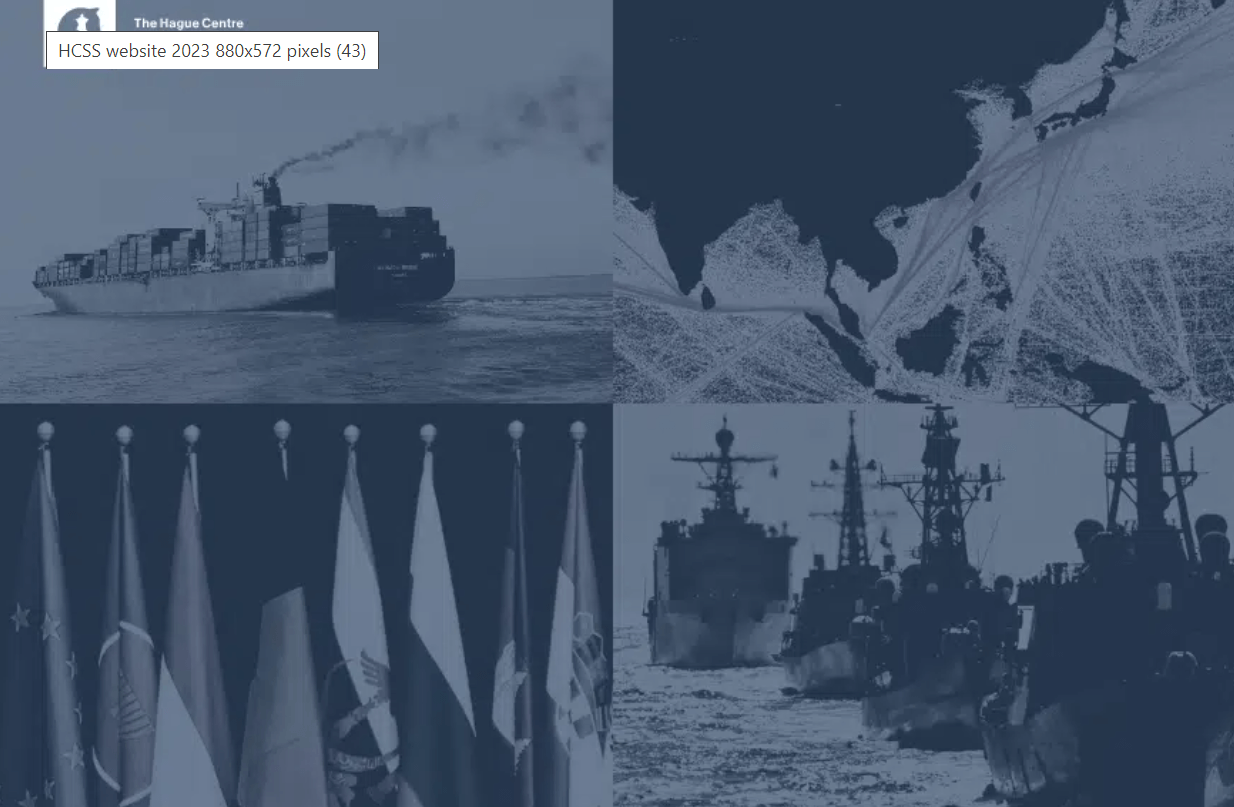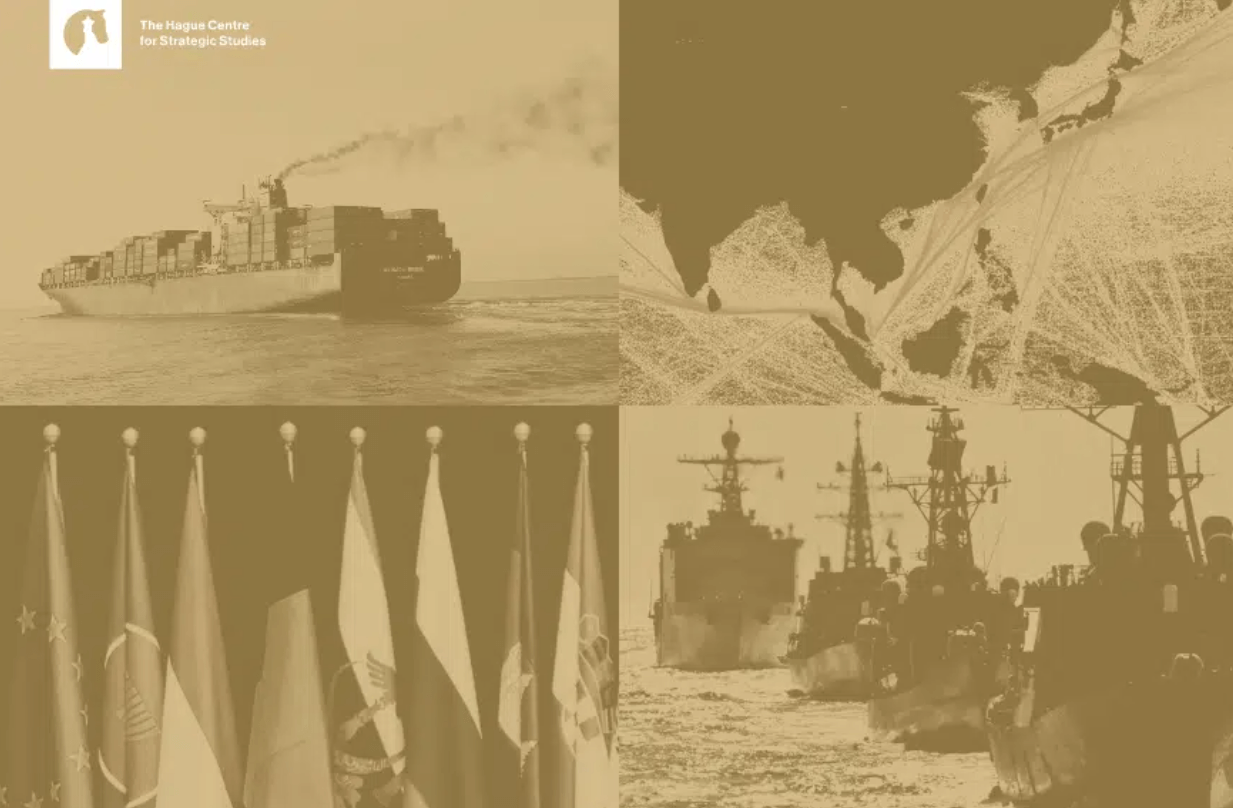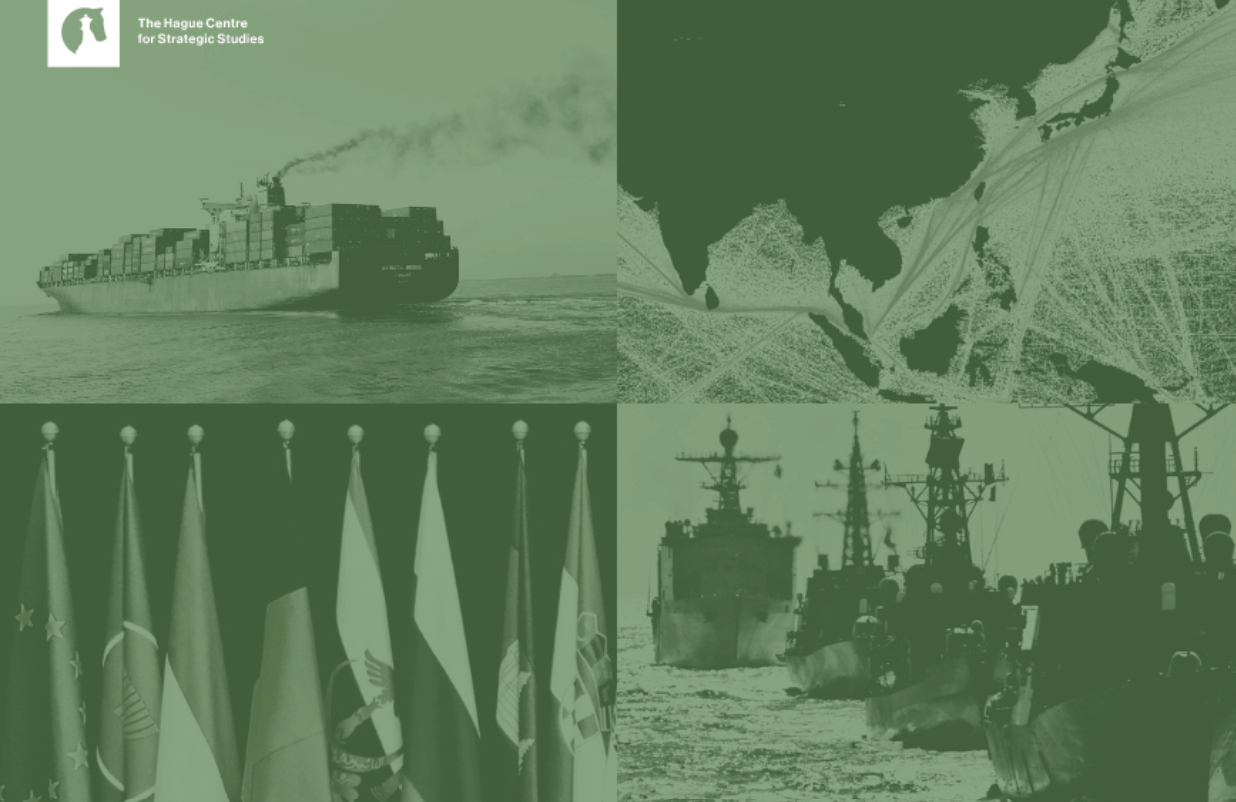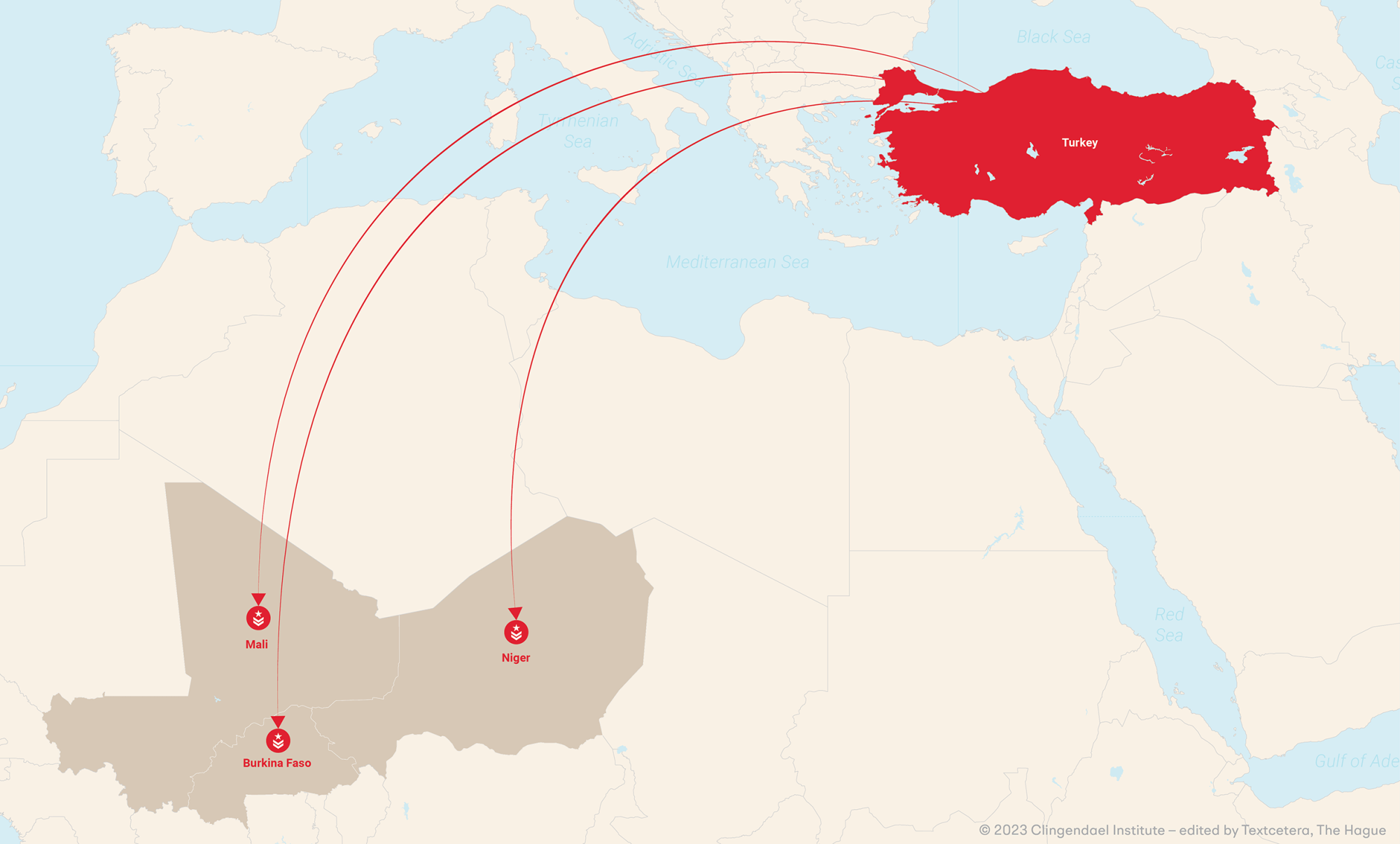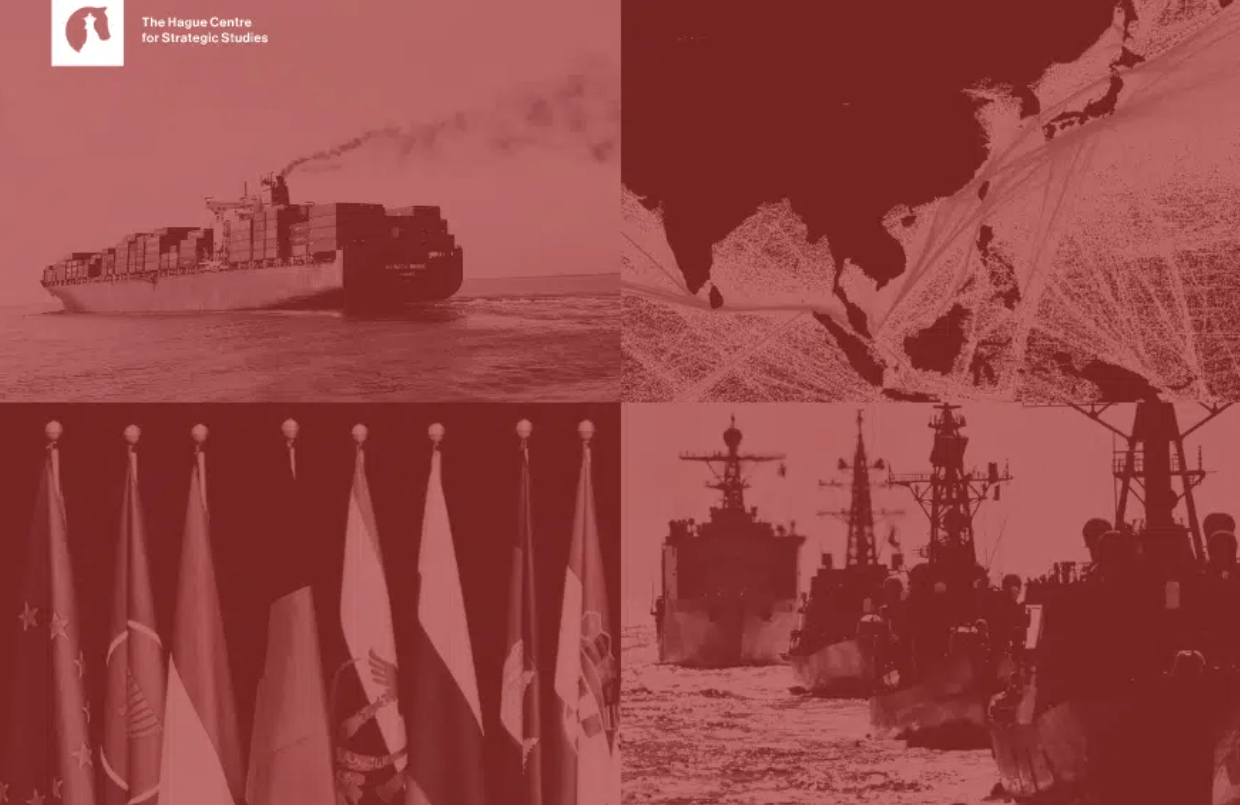How strategic tech cooperation can reinvigorate relations between the EU and India
In an era of multipolarity, India – expected to become the world’s most populous nation soon – will be a significant geopolitical player. This necessitates European Union (EU) member states to shift their policies to engage one of the world’s largest consumer and industrial markets.
Strategic clarity and a shared narrative
In the current international and geopolitical context, there is ample reason for the two sides to deepen their ties further. Strategic clarity about the objectives and benefits of closer ties will help build a clear narrative that will steer policymakers and other stakeholders in the desired direction, towards implementation.
The EU and its member states are investing in economic resilience and open strategic autonomy. A key question is therefore: can India help the EU move closer towards strategic autonomy – more specifically, reduce EU dependence on China?
India is seeking to promote its own manufacturing and production capabilities through its ‘Make in India’ campaign, which seeks to diversify existing value and supply chains that currently often rely on China. A key question for India is: can the EU help India to move closer towards strategic autonomy – more specifically, reducing Indian reliance on Russia?
Military technologies and critical technologies
Set against this context, this Clingendael Report investigates the role that technology can play in deepening and broadening the relationship between India and the EU – and the Netherlands in particular. Particular attention is paid to (1) military technologies; and (2) critical technologies and supply-chain restructuring (semiconductors, batteries, data, etc).
Opportunities to enhance EU–India ties are analysed along three courses of action: 1) ‘protect’: keeping out unwanted influence; 2) ‘promote’: using innovation and commercialisation; and 3) ‘regulate and shape’: using regulatory frameworks (and standards, for example). In each of these three areas, joint action with India is possible. The EU-India Trade and Technology Council (TTC) will be the natural venue to pursue these opportunities.
The insights of Indian and European experts in the field are given in six stand-alone chapters, preceded by an introduction and followed by concluding analysis by the Clingendael editors.
Authors
Vera Kranenburg, Research Fellow at the Clingendael's EU & Global Affairs Unit and the Clingendael China Centre
Maaike Okano-Heijmans, Senior Research Fellow and Lead of ‘Geopolitics of Technology and Digitalisation’ programme at the Clingendael Institute
This report is edited by Vera Kranenburg and Maaike Okano-Heijmans of the Clingendael Institute, with contributions by Indian and European experts.
